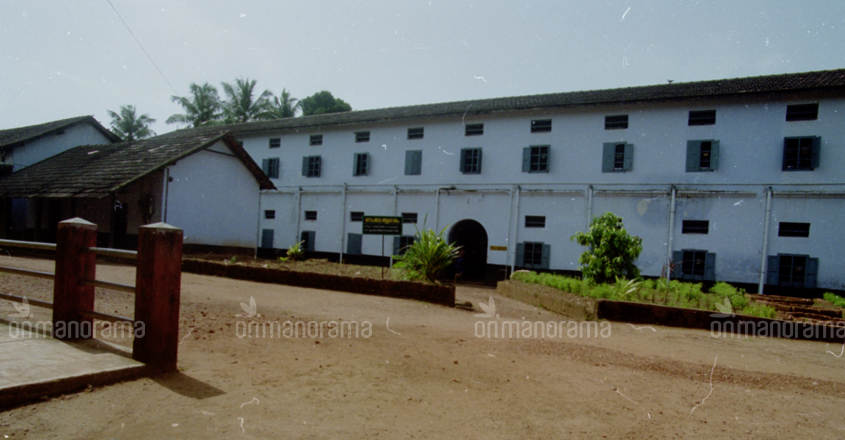Kerala jails to collect blood money for victim families
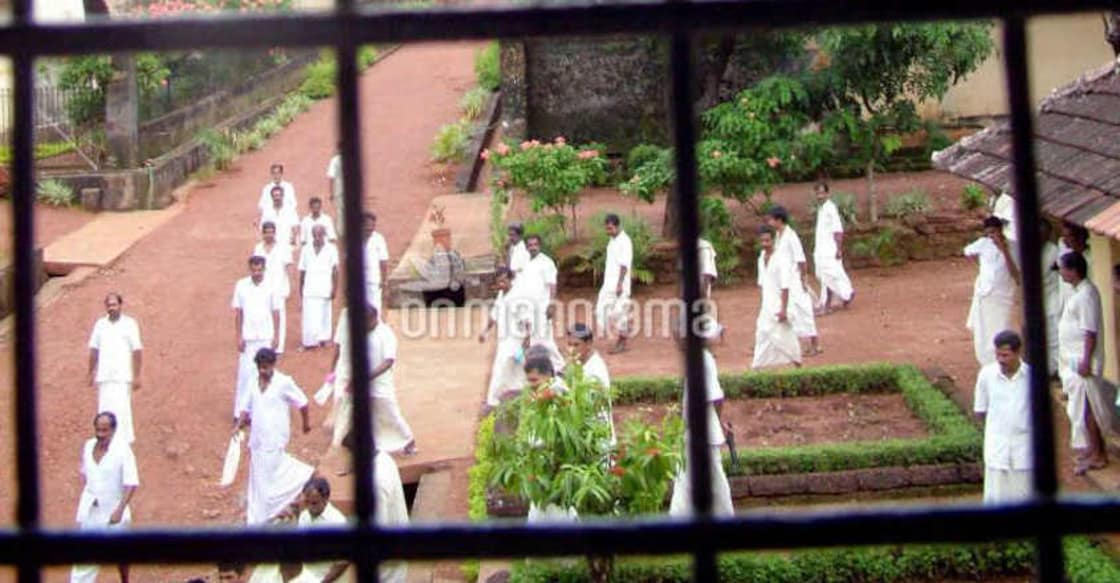
Mail This Article
Thiruvananthapuram: The most that the government does for the family of a slain man or a victim of sexual abuse is to put the murderer or the rapist behind bars. What happens to the victim's family, or the victim, has never been of concern to the state.
Kerala Prisons and Correctional Services Department now wants an attitudinal shift. It has mooted a Victim Relief Fund for the families of the victims. “The idea is very much in the pipeline,” director general of prisons R Sreelekha said, but refused to elaborate.
The fund, top sources in the Prisons Department said, will be created by deducting 25 per cent from the wages of the convicts. (The percentage, a source said, was tentative. “It might come down after discussions with the government,” he said.) The money collected will be utilised mainly for three purposes: education, marriage and medical emergencies of the families of victims.
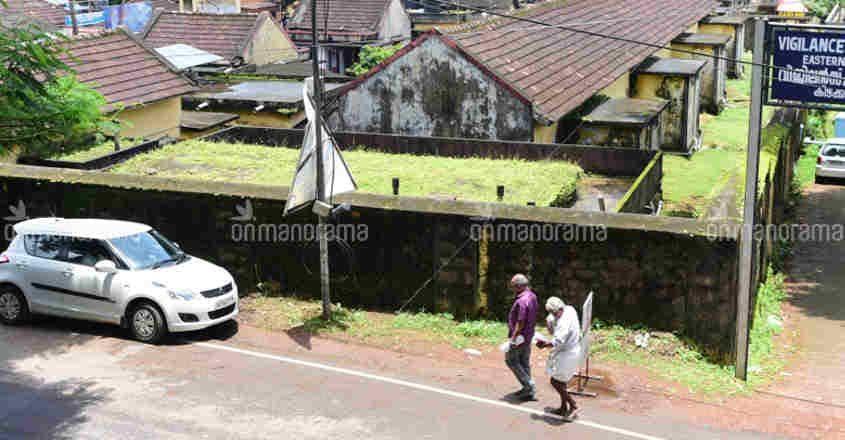
Such a fund that exists in Tihar Jail is the model for the state. Tihar's victim relief fund, too, has been mobilised by withholding a quarter of the convict's wages.
As it stands, there is a two-tier wage system in the state's 53 jails. Convicts working in the various production units (chappati-making, garment-manufacturing, bakeries) get a daily wage of Rs 117. The rest receive a paltry Rs 32. (Convicts are not allowed to keep money with them. Those in the Rs 117 wage bracket, for instance, has to mandatorily send Rs 3,000 to their homes every month.)
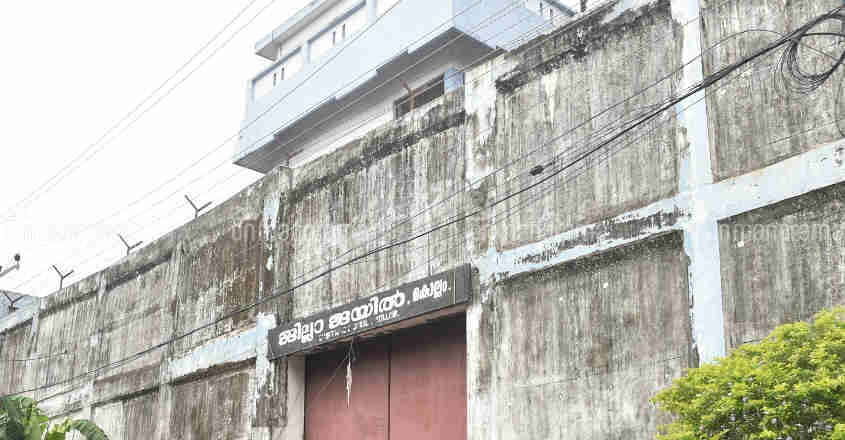
The plan is to first increase the wages of convicts to Rs 200 and Rs 90 before mobilising the victim relief fund. “The proposal has found favour with the government. We expect a decision any time soon,” a top Prisons Department official said.
Thanks to the thriving production units, the Prisons Department has raised its profits to Rs 15 crore last fiscal. So raising convict wages will not burden the state's finances in the least. Besides, finance minister Dr T M Thomas Isaac had virtually given the go ahead. In his last budget speech the minister had said that the profits could be used for the welfare of convicts.
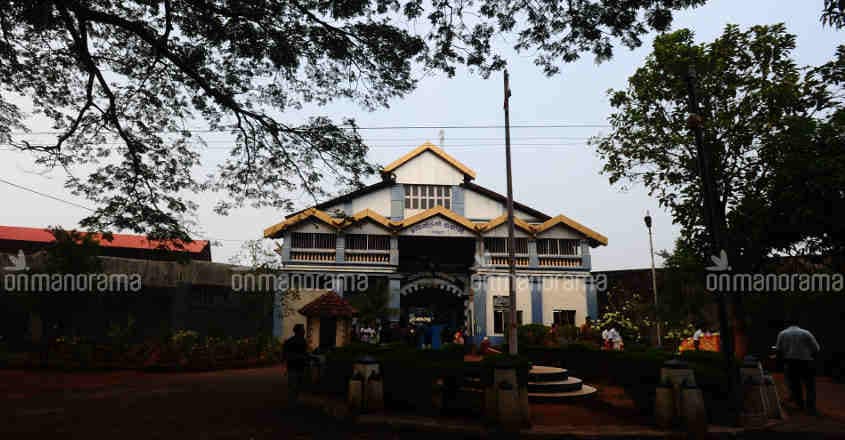
The share for the fund will be collected only from the convicts in the higher wage bracket. But only 30 per cent of convicts in the state are employed in its various production units. “Among the rest, money will be deducted from those who have committed serious crimes like murder and rape,” the source said.
But the big question is whether the victims will accept the money. “When we had mooted the concept in a small way in 2010 many victims, despite the fact that they were finding it hard to make both ends meet, refused to take the money saying they just cannot accept anything sullied by the criminal responsible for their plight,” said Alexander Jacob, former director general of prisons who introduced the concept of production units.
Tihar jail faces such a dilemma. Though a huge corpus of over Rs 15 crore had been collected, only less than five per cent have been distributed. To get over this emotional hurdle, the State Prisons Department has suggested that the fund be kept a secret. “Let us not say that the money has been collected from the convicts. The department will identify the families of victims and let the government hand over the money to them like it was normal government assistance,” the source said.
